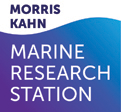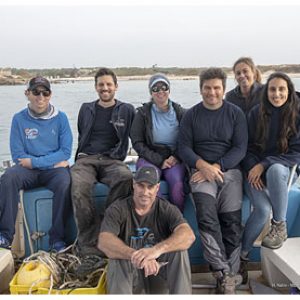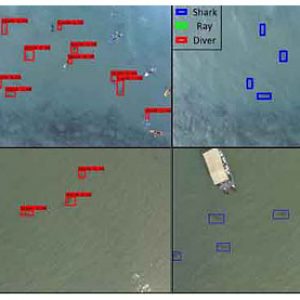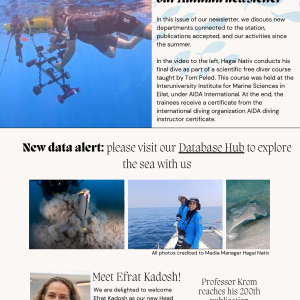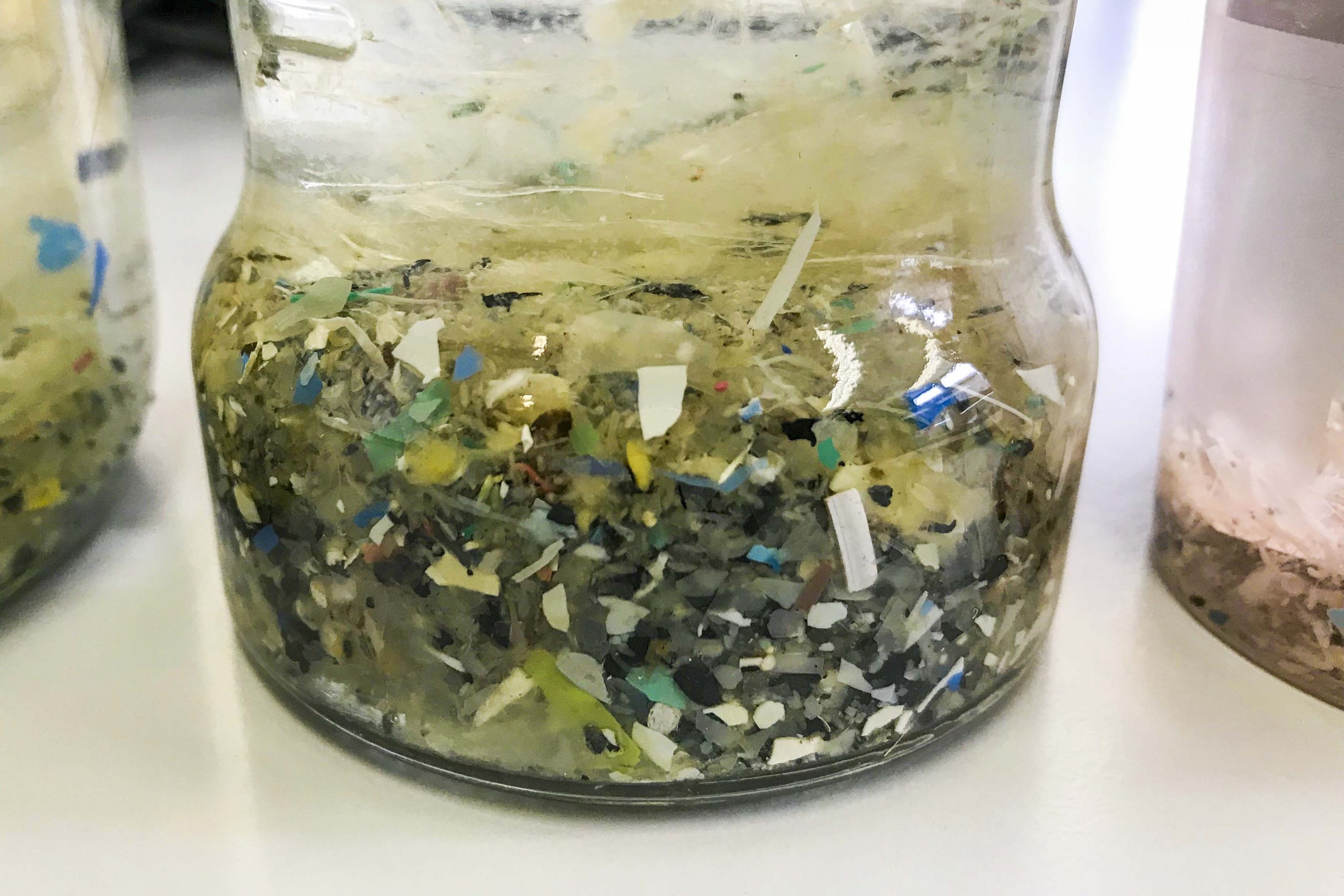
Microplastic research has steadily gained more and more attention over the past decade. The most accepted definition of microplastics are all plastic particles smaller than 5mm in size…
What are microplastics?
Microplastic research has steadily gained more and more attention over the past decade. The most accepted definition of microplastics are all plastic particles smaller than 5mm in size. While they can originate from products using small microbeads (popular in cosmetics), it is the breakdown of larger plastic debris that are contributing to the microplastic problem. So, as plastic debris continue to enter the marine system, microplastics will continue to be formed.
Research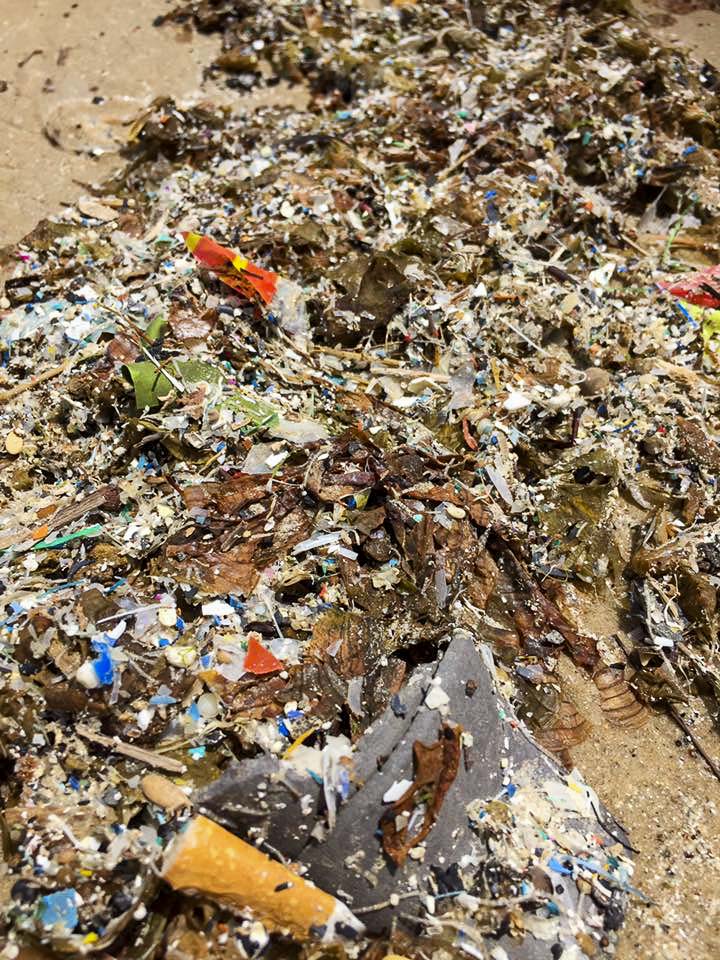
In Israel, microplastics can be observed from the beaches to the water. Both scientific research as well as visual observations indicate that this pollutant is highly present in local Israeli waters. Therefore, it is of high importance that we fill in knowledge gaps by understanding the effects on the local biota.
Currently, we are towards the end of an initial investigation of the consumption of microplastic by fish in our local waters. This research included a sample size of 771 fish belonging to 33 different species. The stomach contents were analyzed for the microplastic presence, and we discovered that microplastics are indeed being consumed by fish in Israel. Interestingly, it was specific species consuming microplastics at higher rates (one species had 60% of the individuals with microplastic contamination), which we believe is due to their foraging behavior.
Additionally, surface water samples were taken from the fish sampling area. One sampling showed that there were 3x more microplastics than there were zooplankton. While further research is required, these numbers are concerning, as zooplankton make-up the base of the marine food chain.
How can you help?
Research on this topic will continue here at the station in order to provide scientific data lacking in Israel. We will continue to investigate the extent of microplastics in our waters as well as begin to investigate the chemical effects microplastics may be contributing as well.
Plastics are an essential part of our lives, and we will continue to use them. However, as 33% of the approximately 350 million tonnes of plastics produced worldwide are targeted for a single use lifespan, there are ways in which we can decrease our day to day plastic use.
Changes in plastic consumption habits come in small steps. Here are three recommendations that we suggest:
- Re-usable bags: Try bringing re-usable bags to the supermarkets instead of using the plastic bags provided. Forget to bring you re-usable bag to the super? Try again! Before you know it, bringing a bag from home will become habit.
- Avoid single use cups and cutlery: Israeli lifestyle incorporates large amounts of plastic cups, plates, and cutlery. According to Israel Aviav (co-founder and CEO of WinPac) Israelis use 250 million plastic cups and 12 million paper cups per month (calcalistech.com). We suggest keeping a re-usable cup and a spare fork in your bag. Ask your local coffee stand if they will fill your cup from home instead of a paper cup (which is not recyclable as it has a thin layer of plastic inside). You might be very pleasantly surprised at their answer. (And it’s always fun to have a personalized coffee mug).
- Un-necessary plastics: Last but not least, we can open our eyes to where we may be using un-necessary plastics. Do we truly need that straw? Can we wash our hands at the sink instead of using a wet nap? Does the cheese we buy at the deli counter really need to be wrapped in both plastic wrap AND placed in a plastic container? Once we become more aware of this excessive plastic use, we can begin to gradually ask not to be given these items.
